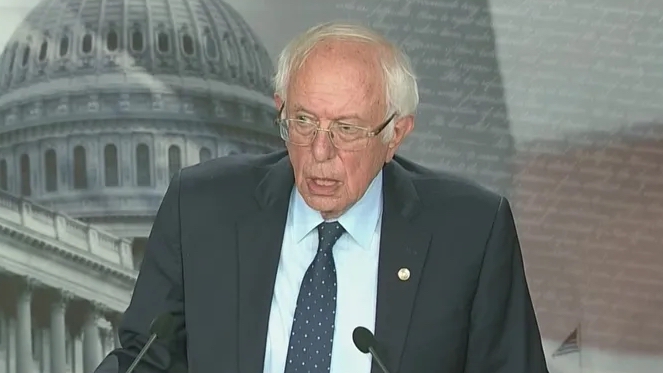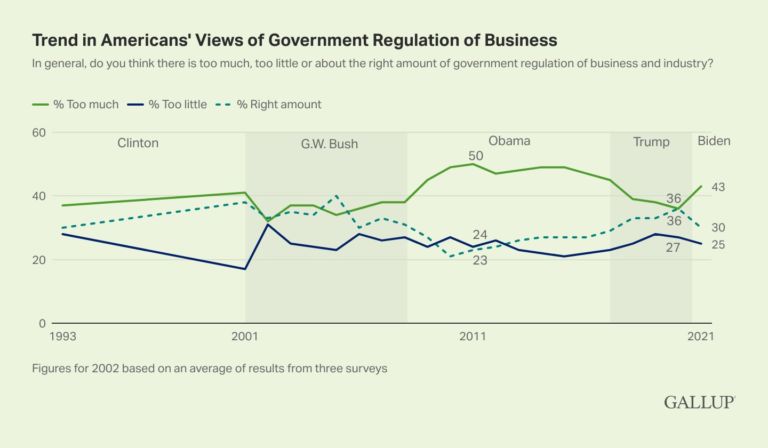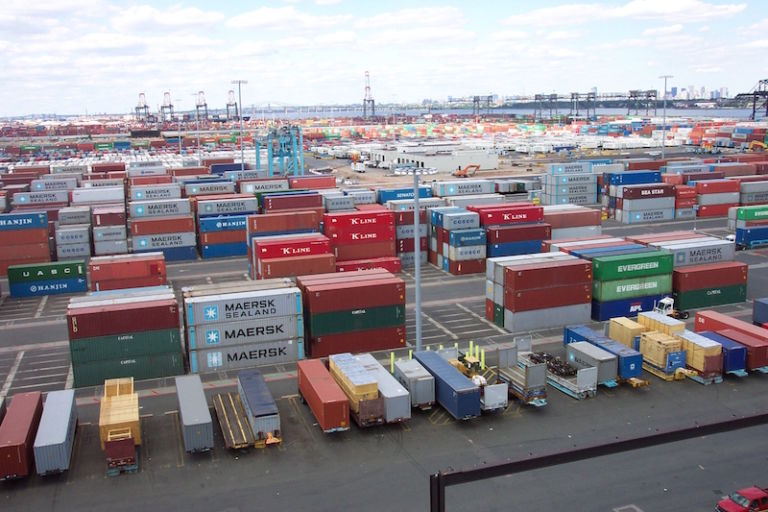Competitive Enterprise Institute founder and Chairman Emeritus Fred Smith celebrated his 80th birthday over the weekend. To mark the occasion, we revisit timeless observations from his 2014 interview with CarolinaJournal.com.
Kokai: You wrote a column … that has the headline, “We’re in a Cultural War between the Forces of Economic Dynamism and Stasis.” So this sounds like it’s a really big deal, these businesses that don’t want to rely on capitalism.
Smith: I think we recognize just like in biology: There’s kind of the beautiful old trees of the past, and there’s the saplings of the future, many of which are going to die, but tomorrow’s forest will be those saplings. Economies are mixtures of what goes on within what’s called the production possibility frontier, what we already know how to do, and there you can get some efficiencies, you can get some mergers, you can get some emulation — very important, obviously, for today, but the future depends on opening those paths to the future, recognizing the creative destruction that Joseph Schumpeter talked about, which blows holes in the production frontier, moves a whole economy dramatically out in ways nobody foresaw before.
We need that freedom, and too often the forces of the past, the forces of stasis, create barriers or don’t oppose barriers to those paths to the future. Wayne Crews on our staff has always said that you don’t need to teach the grass to grow; just move the rocks off the lawn. Entrepreneurial talent is everywhere in the world. And everywhere the entrepreneurial talent is kept down by the rocks of political bureaucracy.
Kokai: Many of us who are not entrepreneurs by nature would see the entrepreneurial spirit in action and say, “Wait a minute, this is just too hard to take.” Why is this something that we have to take and say, “Look, entrepreneurs, do what you do because this is beneficial”?
Smith: Creative destruction is the core of that question because every act of change does some damage to the existing world. The automobile put out of business the buggy makers. The Internet has threatened the whole journalism world we grew up in. … We see the wreckage in the past of the change, but we fail to understand the incredible future that is opened up by that way.
Over the last — well, mankind over the last 10,000 or 30,000 years almost always lived in a stagnant world. Some improvements, but the improvements were critically eaten away by population growth and so on. It’s only when we found ways to unleash the entrepreneurial spirit — the Industrial Revolution — that mankind began to live better and better and better and better.
And yet those very forces of change have made us complacent to some extent. Well, life isn’t so bad. Maybe we ought to slow down a little bit.
Well, individually, perfectly fine: Many of us slow down as we get older. We retire and so forth, and many of us take occupations that a wealthy society can afford. Not economically remunerative, but wonderful jobs we like to see. The public policy world is very much like that as we both know.
But the challenge is to keep those forces of stasis from trying to say, “Change is too disruptive. Let’s only have it when we decide it’s safe.” Because that misses the whole point. Entrepreneurs themselves aren’t sure what the hell they’re doing. They certainly don’t know what in the world they’re going to bring about.


